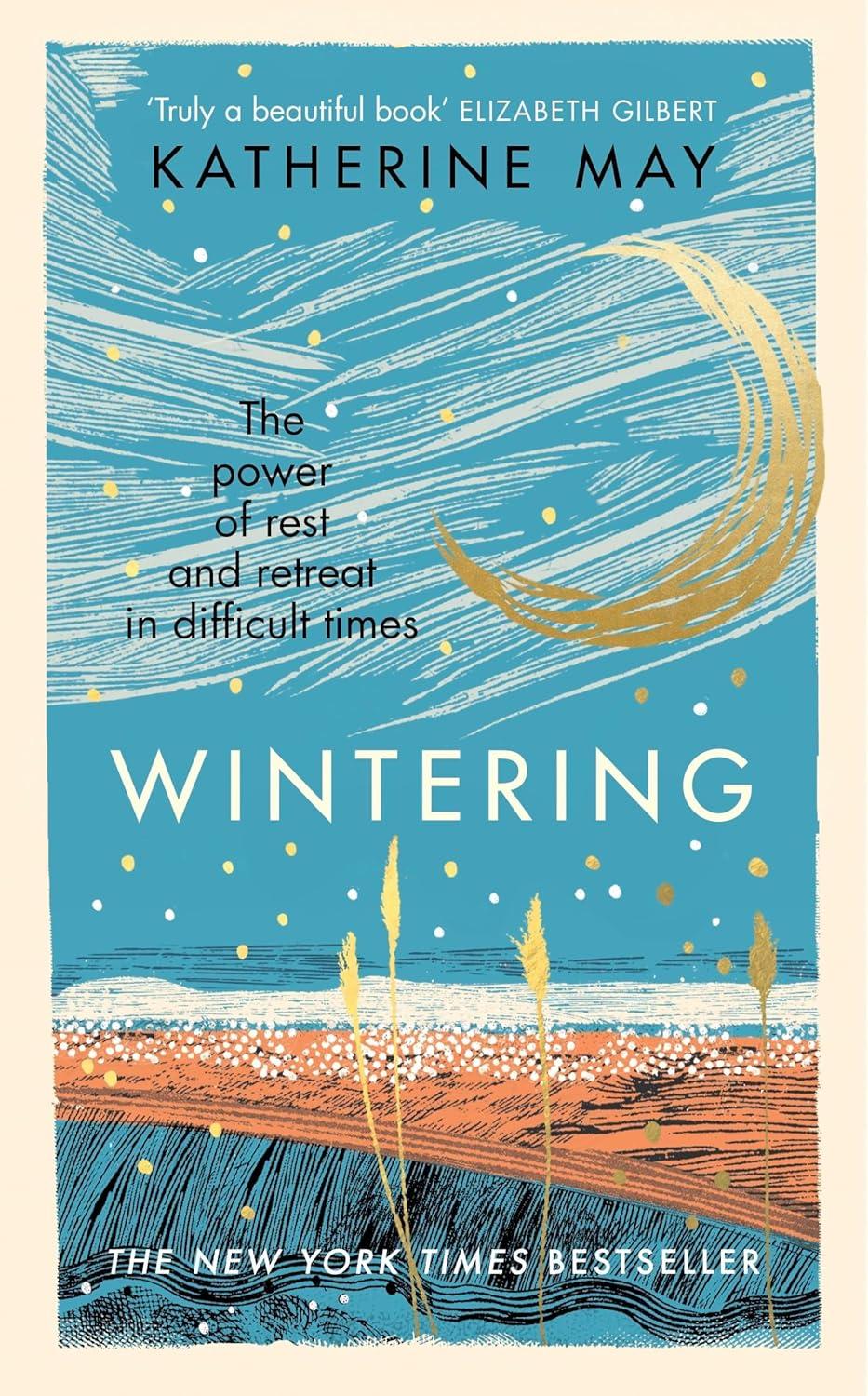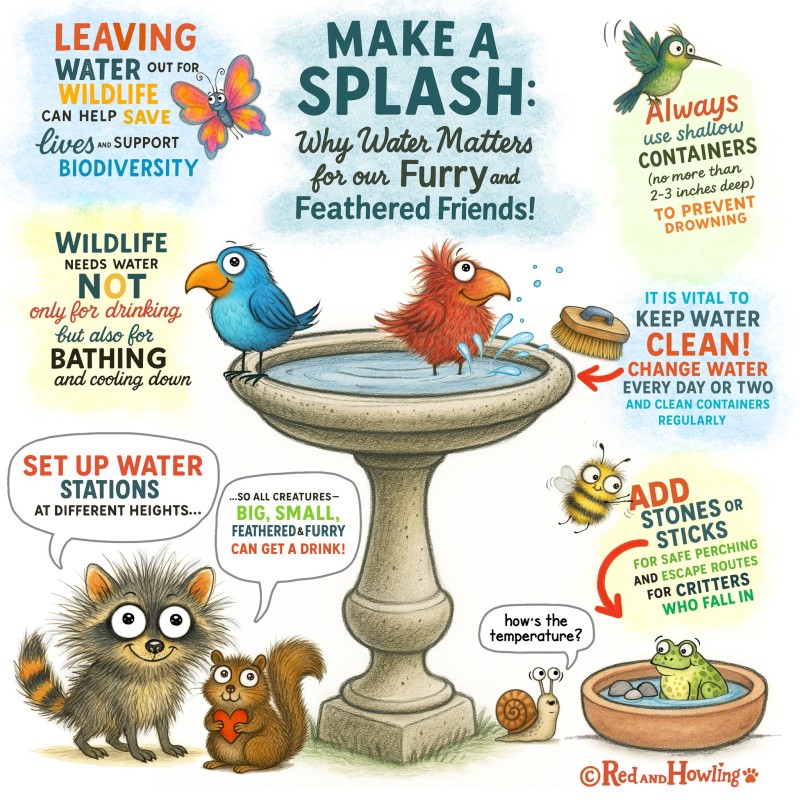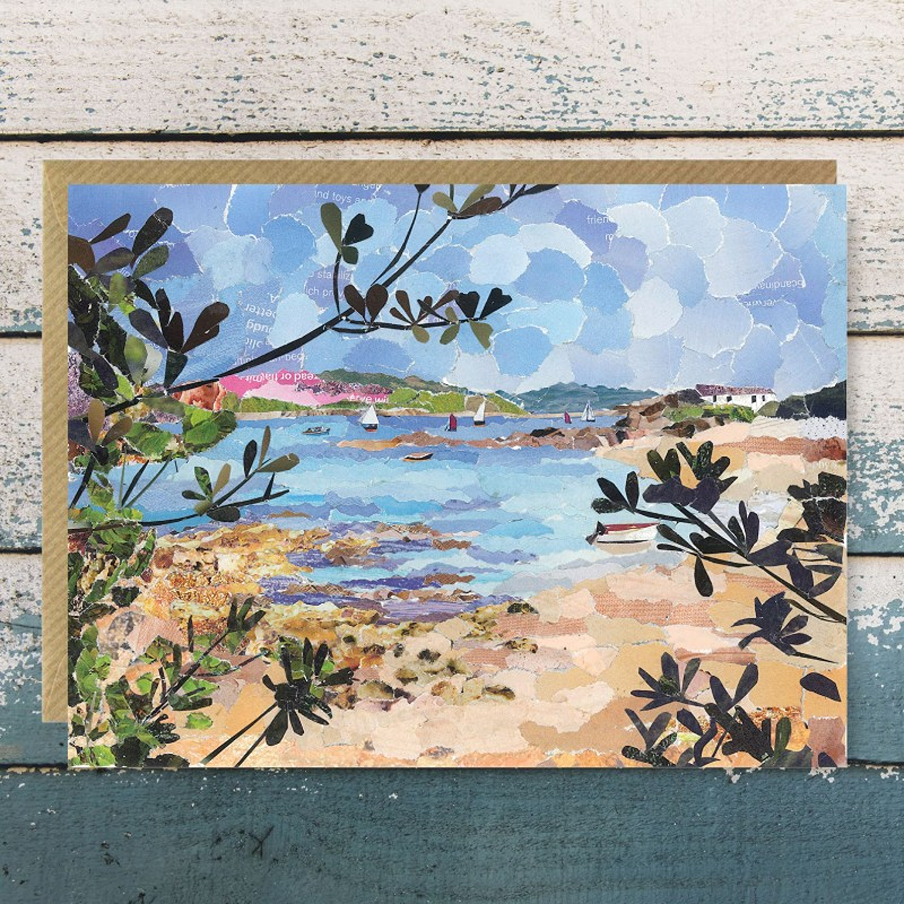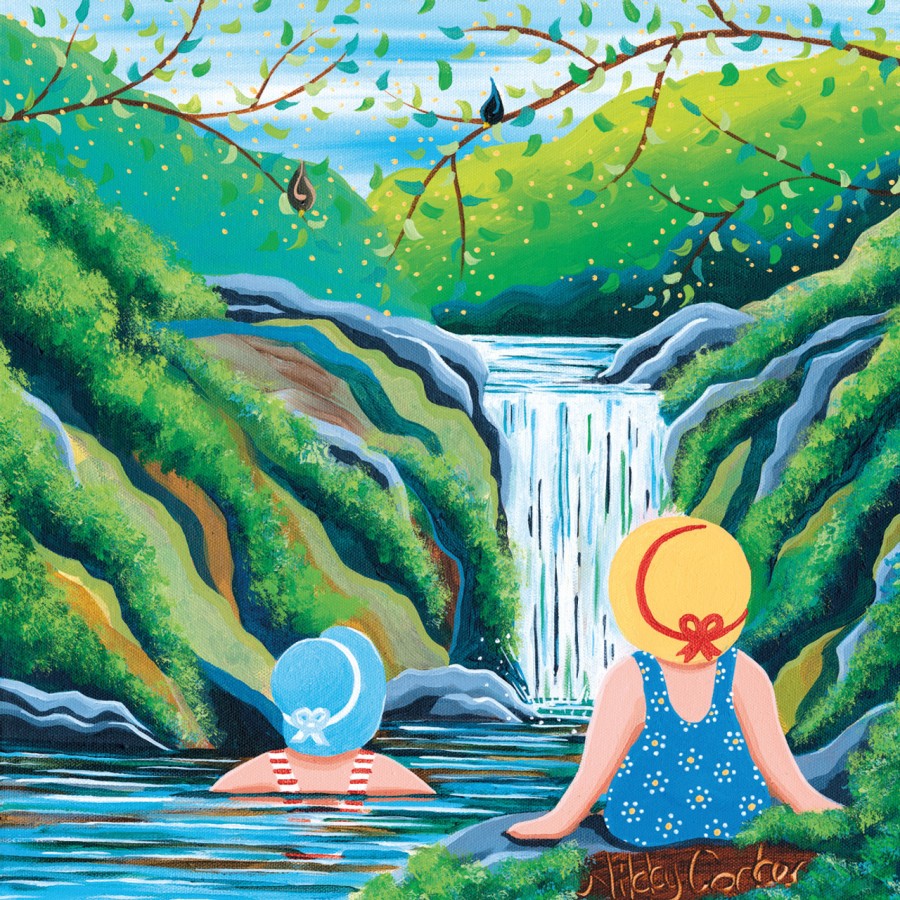How Female Organic Farmers Are Helping Nature

Farming is Female is an inspiring book, looking at 25 young women who are shaking up the status quo of traditional farming. Farming food is one of the world’s most important jobs, so bring in some feminine blood to shake up the norm in a world full of pesticides and ‘men in grey suits’ that oversee much of our farming industry, can only be good.
Read more on no-dig gardening and humane slug/snail deterrents. If you live with animal friends, read up on pet-friendly gardens (some recommended flowers and fruit trees are not safe). Also avoid netting to protect food (just leave some for wildlife!)
Farmers need a government license to sell to the public (also buy liability insurance). Know food hygiene rules and read up on food safety for people and pets.
Across the world, much of the farming (from picking tea leaves to growing food) is done by women farmers. In fact, they make up half the agriculture workforce.
Let’s be clear – good men are farmers too! But like everywhere, the industry could do with some feminine energy – these organic pioneering farmers are into local food miles, organic farming and welfare for animals and wildlife affected.
The Historical Role of Women in Agriculture
Whereas MPs bang on about supermarkets ‘bringing jobs to local people’ (not really true in detailed economics, as the money flows out to shareholders), female organic farmers are bringing money into economies, by providing natural organic food for local people of all incomes.
They also bring compassion. For instance, the stupid cruel badger cull to prevent bovine TB (which has not worked) was mostly due to stick-in-the-mud MPs and farming unions not listening to the science.
Adding some feminine energy and a different point of view, helps people sit up and listen, and learn to accept change, to help both cattle and badgers (and farmers).
The Woman Who Pioneered Organic Farming

Have you heard of Mina Hofstetter-Lehner? No? Well, she lived from 1883 to 1967 and was the first organic farmer who did not use livestock. Age 3, she put her spoon down when fed meat broth (despite a terrible fear of cows!)
She even refused to marry a farmer because she didn’t like the smells of the countryside, but went on to marry and have 8 children. Growing her own food on the shores of Lake Greifen, as long as it didn’t involve killing animals.
After her health improved by going vegetarian, she began to teach her unique cultivation methods (one of her students was Maximillian Bircher-Benner, who invented the famed ‘Bircher Muesli’ that is still served today at health spas). She also campaigned for world peace and gender equality.
The (female-led) Transfarmation Movement

The transformation movement is now massive worldwide, as farmers struggle to make money from selling dairy and meat, due to differing values and tastes of consumers.
Instead of saying to farmers ‘try to force people to eat more meat and dairy’, this movement accepts what is happening, and gives starter seeds and help to long-held and much-loved family farms, to ‘transition over’ to the more profitable oat milk market, or grow trees to sell peaches or local nuts etc.
Remaining animals then live out lives in peace, akin to a farm sanctuary.
The founder Sarah Heiligtag is a Swiss vegan farmer, who after receiving a phone call from a struggling dairy farmer (racked with guilt at sending his animals to slaughter) asked her for help. He asked if there was any way he could make money, and she said yes.
Today Sarah has helped over 100 farms go vegan, by ‘transfarming’ their land over to growing more profitable crops like oats (the animals remaining simply live out the rest of their lives in peace).
Sarah and her husband (along with a friend) founded an animal sanctuary near Zurich, designed to help educate on plant-based agriculture, as well as be a haven for rescued creatures.
It almost accidentally then became a contact point for farmers, who are interested in livestock-free agriculture:
If you are a farmer and have questions about farming without ‘farm’ animals or about setting up a life-saving farm, do not hesitate to contact us. We will be happy to advise you, with no obligation.
In the end, the goal is for you to be able to do what really fulfils you, and be true to your true self.
The (female) Founder of Soil Association
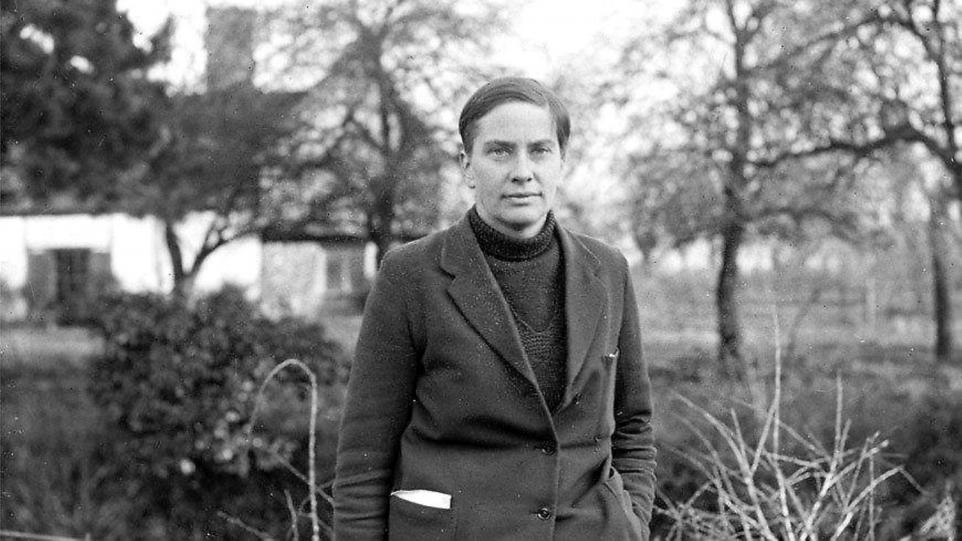
Lady Eve Balfour was raised in a Scottish aristocratic family (the niece of a Prime Minister), but instead of looking for a suitor, took a degree in agriculture age just 17.
Later on in life, she led the successful campaign against the tithes that farmers were obliged to pay. She dressed in trousers (not acceptable!) and lived mostly in run-down houses, whilst giving speeches on farming into her 80s.
She never had much money, so would play saxophone in a jazz band (and write crime thrillers) to pay the rent.
Dismissed as a crank for her views that using chemicals to grow food was not good, she was known for being angry at farmers who used them. One farmer would ‘get up at 5am to spray them’, to avoid her finding out.
She would then apparently smell them in the air and accuse ‘I smell Methoxone in the air. What have you been doing?’
Lady Eve went on to found the Soil Association, our national organic certifying scheme for farmers. Her views on farming are now widely accepted – 80 years after she was mocked for writing about them.


